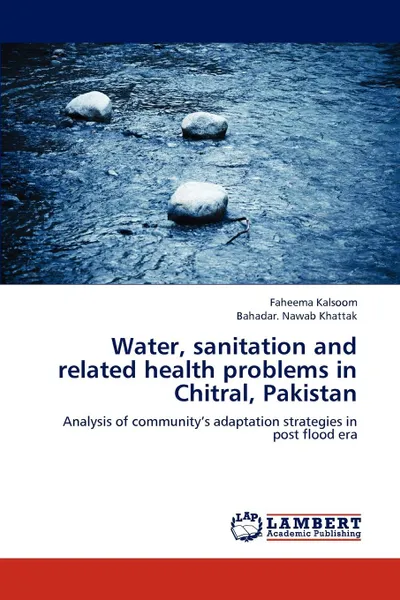Water, sanitation and related health problems in Chitral, Pakistan 12+
96 страниц
Категория: Научная литература
ISBN: 9783659177897
Язык: Английский
📒 Floods are devastating type of disaster that cause contamination of water sources, disruption of sanitation system and compromised hygiene all of which in turn embrace waterborne diseases. Promotion of sustainable adaptations to climate change along with community-based preparedness is really important to build human resilience and lessen vulnerability. Being a highly susceptible country to disasters, Pakistan experienced destructive floods in 2010 with heavy impacts on water and sanitation infrastructure and caused large proportion of deaths related to diarrhoeal diseases. Despite neither misery of a rural community nor their approach of adaptation after flood has yet been sufficiently presented by any study. Therefore, by emphasizing the problems faced by community after flood, this study urges the need for particular consideration and upgrading of these sectors of rural Pakistan. This study underpins the requirement to integrate active adaptation strategies in disaster mitigation interventions and develop effective adaptation tools according to actual needs of the community. It also helps to support early adapter community and learn lessons from their adaptation to flood.
Мнения
